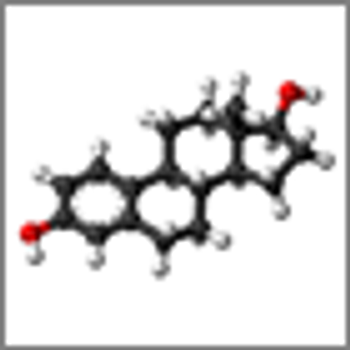
After a 30-year follow-up, it was shown that women treated with fertility drugs did not have an increased risk of breast cancer compared with women not exposed to the treatments.

Your AI-Trained Oncology Knowledge Connection!


After a 30-year follow-up, it was shown that women treated with fertility drugs did not have an increased risk of breast cancer compared with women not exposed to the treatments.

An FDA panel has recommended that a DNA test that screens for HPV in women can replace the standard Pap smear as a first-line primary cervical cancer screening test.

New guidelines supporting the broader use of sentinel lymph node biopsy in women with early-stage breast cancer have been issued by ASCO.

In a recently published study, younger men who undergo a prostatectomy for their prostate cancer cut their relative risk of dying from prostate cancer by 55%, and those with intermediate-risk disease cut their relative risk of dying from prostate cancer by 62%.

A new study reports that a multitarget stool DNA test is sensitive and accurate and is an improvement over previous DNA stool-based detection tests.

A new report by ASCO provides recommendations for monitoring and addressing the changes and challenges in oncology care.

The number of cancer patients in the United States is growing; the oncology workforce is shrinking; and increasing costs and healthcare policy changes in this country are likely to put quality cancer care, screening, and preventive services in flux.

New data from the long-term SELECT trial shows that men given high-dose supplementation of both selenium and vitamin E had a higher risk of developing high-grade prostate cancer.

Patients treated with a newer, faster, and less expensive type of radiotherapy also have higher rates of urinary complications, according to a new study.

The rates of colon cancer in US adults aged 50 and older have decreased by 3% per year over the last 10 years, with the largest decrease seen in those over the age of 65.
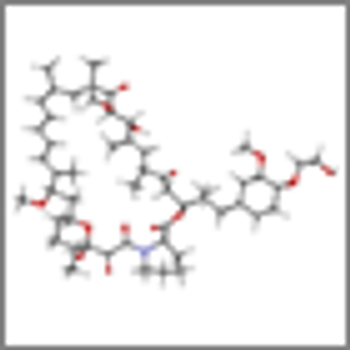
In an early trial, a patient with bladder cancer has had a 14-month complete response to treatment with the mTOR inhibitor everolimus.

A new set of ASCO recommendations are now available for oncologists on how to collect and utilize the cancer family history of a recently diagnosed cancer patient.

This slide show includes some of the highlights from the 2014 ASCO Genitourinary Symposium, including a study looking at anti-HER2 agents and radiation therapy (RT) for bladder cancer, RT for prostate cancer, and novel therapies in RCC.

An intense higher-dose radiotherapy regimen may be a better treatment option for men with localized prostate cancer, according to the 10-year results of the international phase III RT01 trial.

Besides easing fatigue, yoga also eases pain and depression for women with breast cancer undergoing radiation therapy, a new study finds.

Researchers have reported the results of the first large-scale, whole-genome study of advanced breast cancer. The analysis of the sequences has resulted in identification of a subset of patients who have a higher chance of benefiting from specific personalized therapy.

Researchers have identified distinct pre-leukemic hematopoietic stem cells (HSCs) in acute myeloid leukemia (AML) patients.

SSO and ASTRO have released a new set of consensus guidelines that could reduce healthcare costs and improve treatment for women with breast cancer.

An analysis of thyroid cancer diagnosis and incidence in the United States suggests that there is an epidemic of diagnosis rather than an epidemic of thyroid cancer per se.

A new study shows that in some cases, inhibiting the growth of primary tumors can promote the spread of tumor cells to other parts of the body.

This slide show features highlights from the 2014 ASCO Gastrointestinal Cancers Symposium, including a trial testing a vaccine combo for the treatment of pancreatic cancer, the use of anti-angiogenesis therapy in gastric cancer, and more.

A new study found that smoking increases the risk of estrogen receptor (ER)-positive breast cancer for young women.

The FDA has approved ibrutinib (Imbruvica) as a single-agent treatment for previously treated patients with chronic lymphocytic leukemia (CLL), under the FDA’s accelerated approval program.

In a new prospective study on the role of dietary lycopene in reducing the risk of prostate cancer, researchers found that consuming foods high in lycopene is linked to a reduced risk of lethal prostate cancer.

A new study found that high concentrations of vitamin C increased the effectiveness of chemotherapy in an ovarian cancer mouse model. A high-dose delivery of the vitamin also resulted in lesser toxicity from chemotherapy in cancer patients.

As part of The Cancer Genome Atlas project, a new study aimed at understanding the molecular basis of bladder cancer has identified several potential drug targets.
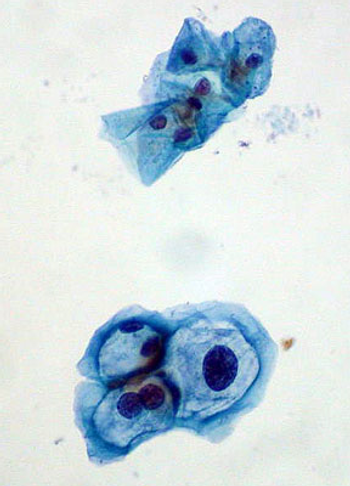
A new study has demonstrated that a therapeutic vaccine against HPV can stimulate an immune response and regression of high-grade cervical dysplasia, a precursor to cervical cancer in women with an HPV infection.

The combination of idelalisib with rituximab improved survival in relapsed CLL, and idelalisib also showed antitumor activity as a single agent in patients with indolent non-Hodgkin lymphoma.
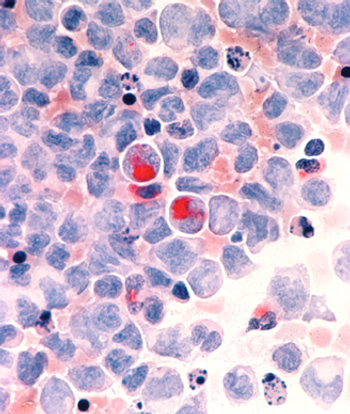
Activating mutations in the beta-catenin gene in bone cells is shown to contribute to the development of acute myeloid leukemia.
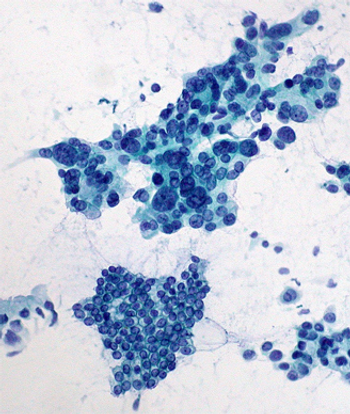
The combination of two anticancer vaccines demonstrated improved survival compared to a single vaccine in patients with advanced pancreatic cancer, a particularly difficult to treat tumor type with few therapy options.